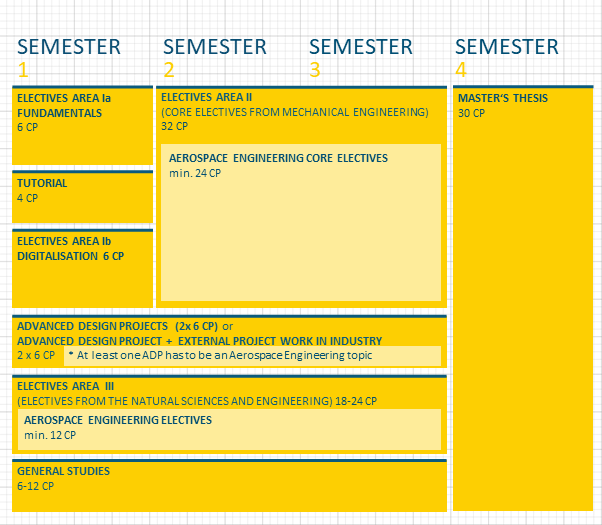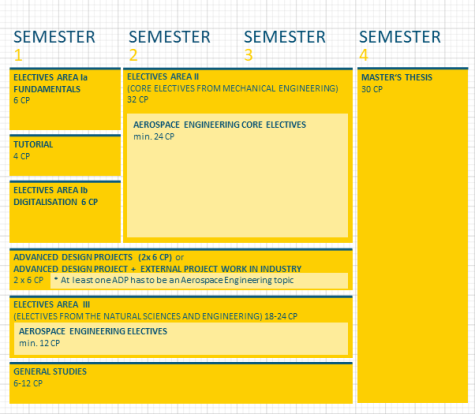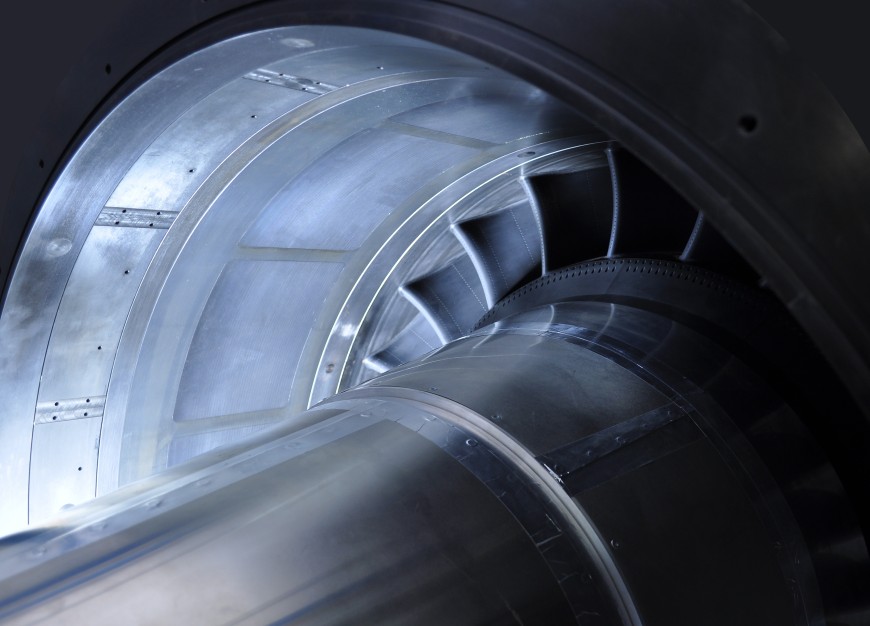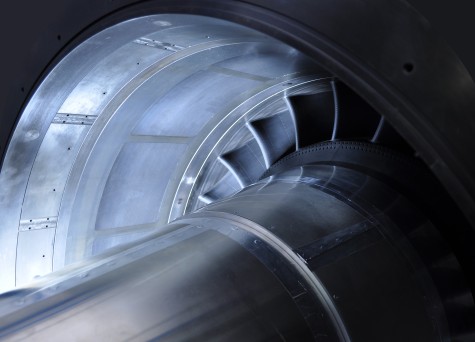- 120 CP in 4 semesters, which corresponds to a 2 years standard period of study
- Wide range of electives (62-68 CP)
- Possible with or without specialisation
- A look beyond the horizon in the General Studies (6-12 CP)
- Research and application-oriented projects
- Insight into the practical application of knowledge: lecturers and cooperation professorships from the industry
- Optional 12-week project internship
- 6-month master's thesis
- A variety of opportunities to study abroad
The aerospace industry is a steadily growing field and thus an extremely important and decisive global economic factor. Aerospace science and technology drives innovation in a multitude of disciplines and thus must be regarded as a pioneering technology field. The Technical University of Darmstadt focuses its long-standing expertise in this field in order to establish a dedicated modern Aerospace Engineering education in the framework of a master‘s degree programme. Due to its international and global character and relevance, this master‘s degree programme is offered in English by internationally renowned aerospace engineering experts.
The master‘s degree programme „Aerospace Engineering“ sees itself as the link between engineering tradition and the technological future. Consequently, the curriculum touches on important and essential basics as well as modern and forward-looking technological aspects of aerospace engineering sciences in order to teach prospective students skills in the establishment of engineering system solutions. To prepare students for the science orientated master’s thesis at the end of their studies, a broad range of courses are offered: from traditional basics (e.g. structural mechanics, fluid dynamics, flight mechanics) and applied disciplines to innovative and modern teaching forms such as face2face tutorials in very small groups.
Our Online Self Assessment allows you to check on your perception of the study program and its content. Feel free to try it!
Your Study Plan





